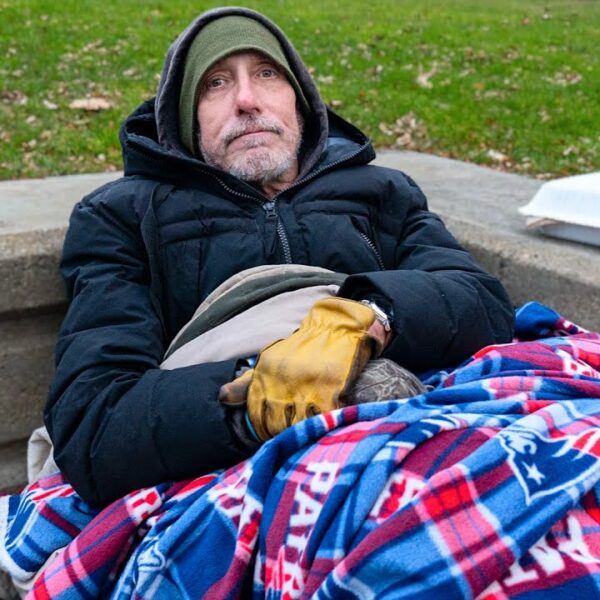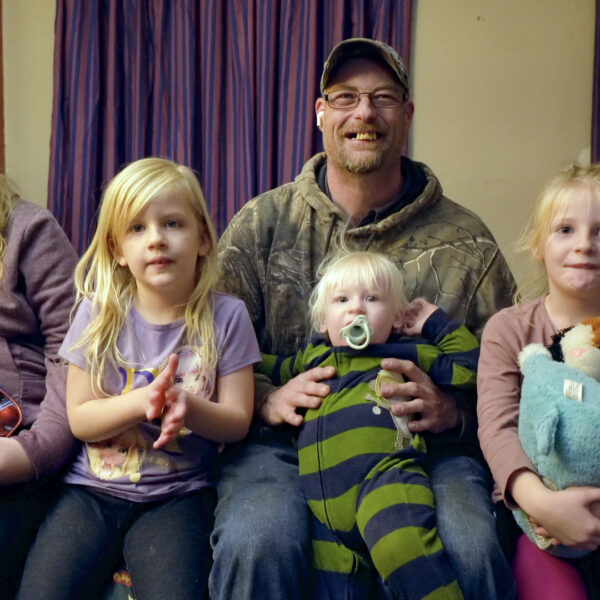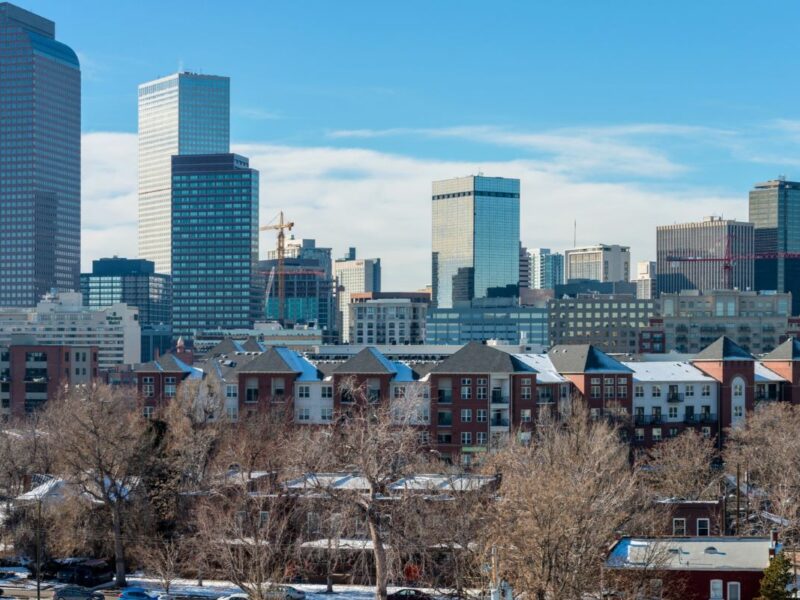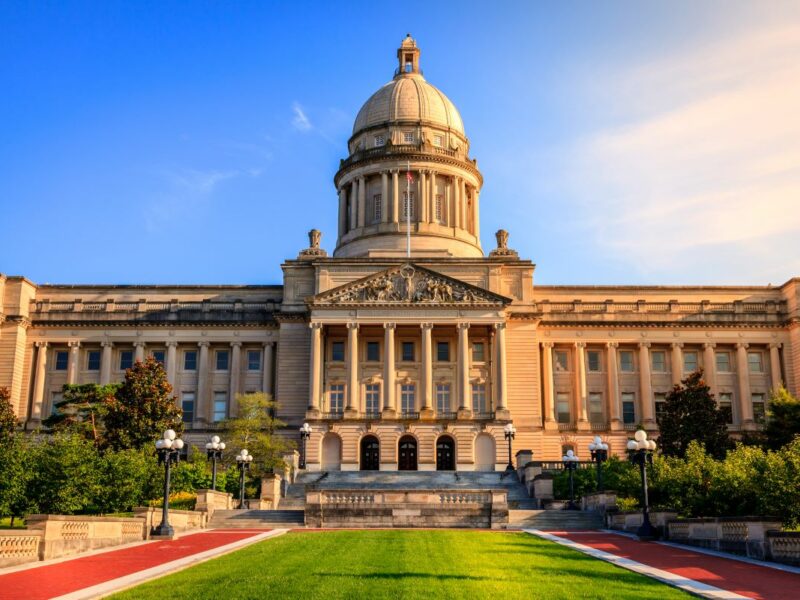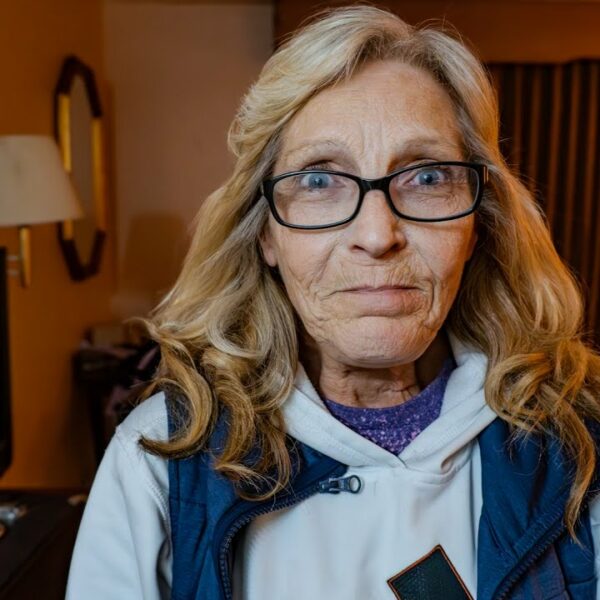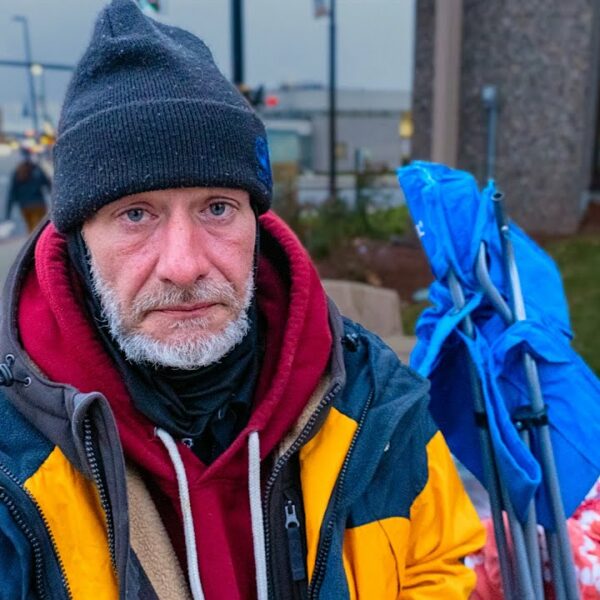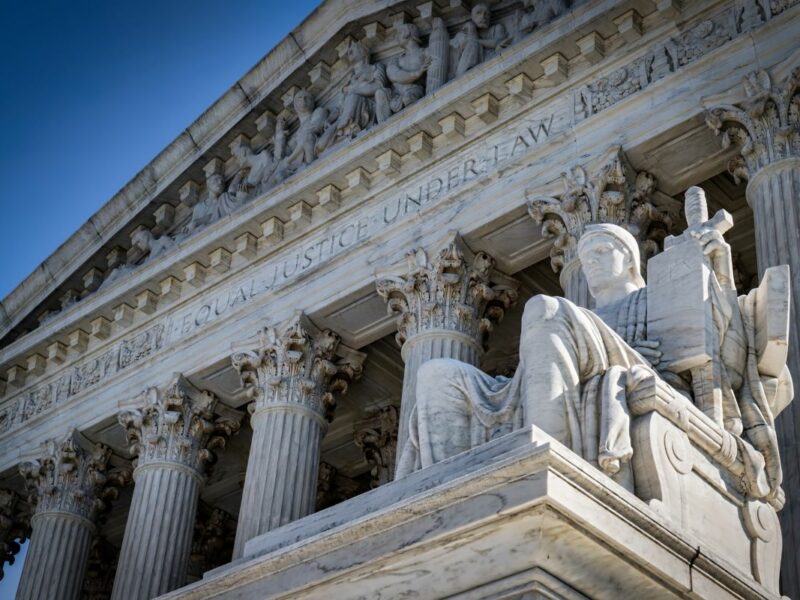The U.S. Department of Housing and Urban Development’s (HUD) recently delivered its annual report to Congress. It revealed significant increases among unsheltered populations and people experiencing chronic homelessness.
Part 1 of the 2020 Annual Homelessness Assessment Report synthesized data from the Point in Time (PIT) counts conducted in January 2020. All 50 states and U.S. territories are required to perform this count annually to provide a “snapshot” of homelessness.
The report found that 580,466 people experienced homelessness on a single night in 2020. This is an increase of 2.2 percent (12,751 people) from 2019. It’s important to note this count was conducted before the pandemic hit. That means homelessness was on the rise before the economy suffered the consequences of coronavirus.
The report reveals several alarming trends.
First of all, 2020 saw the number of individuals (people not in families with children) experiencing unsheltered homeless surpass the number of sheltered individuals for the first time. Sixty percent of people experiencing this type of homelessness are in urban areas, the report said.
Let this sink in: “For the first time since the government began doing the annual count, the number of single adults living outside — 209,413 — exceeded the number of individuals living in shelters — 199,478.” https://t.co/zyDAnJSChO
— Barbara J Poppe (@bjpoppe) March 18, 2021
Similarly, the number of homeless families and children both increased to just under 172,000. While 90 percent of this total comprises families living in sheltered spaces, the number of unsheltered people with families increased by 13 percent.
“The findings of the report are very troubling, even before you consider what COVID-19 has done to make the homelessness crisis worse,” said HUD Secretary Marcia Fudge.
Youths under the age of 25 represent 26 percent (151,607) of the homeless population. Of those identified during the PIT Count, 34,210 were on their own with a little less than half living unsheltered. There were also 7,335 homeless parenting youths under the age of 25.
The report shows that Black, Indigenous, and people of color (BIPOC) communities remain overrepresented in national homelessness data. For example, 39 percent of people experiencing homelessness are either Black or African American. The Census Bureau reports they represent just over 13 percent of the total population.
Together, American Indian, Alaska Native, Pacific Islander and Native Hawaiian populations account for one percent of the U.S. population. However, they represent five percent of the homeless population and seven percent of the unsheltered population.
Meanwhile, the number of veterans experiencing unsheltered homelessness increased by six percent, which offset the three percent decline in sheltered veterans. Overall, the number of homeless veterans increased by less than 1 percent.
“Even a slight pre-pandemic uptick in Veteran homelessness after significant declines since 2010 is extremely concerning,” said Denis McDonough, Secretary of Veterans Affairs. “The Biden Administration’s recommitment to Housing First – a proven strategy and dignified way to help Veterans and others achieve stable, permanent housing — will help accelerate progress in preventing and eliminating Veteran homelessness.
For Fudge, the report emphasizes the importance of President Joe Biden’s housing policies.
“Thanks to President Biden’s leadership, we are once again putting Housing First to end this crisis and build strong, healthy communities, as reflected in the American Rescue Plan,” she said.
Since taking office in January, Biden has implemented several policies to keep people in their homes and reduce the number of people experiencing homelessness.
After his inauguration, Biden extended the federal eviction moratorium and provided homeowners with much-needed mortgage forbearance and financial relief. Biden also signed legislation prohibiting housing discrimination based on gender identity or sexual orientation.
The President then directed HUD to start issuing grants to programs that saw substantial funding cuts under the Trump administration. These include:
- $3.4 billion on Community Development Block Grants
- $1.3 billion for the HOME Investment Partnerships Program
- $387 million to provide housing opportunities for persons with AIDS
On March 11, Congress enacted the American Rescue Plan, a $1.9 trillion stimulus package that provided much-needed $1,400 checks to many households and funded local homeless prevention efforts.
The Act gave HUD an additional $5 billion through September 2025 to provide additional housing counseling and homeless prevention services. The agency is also empowered to acquire or develop non-congregate living facilities used as either shelters or affordable housing.
School districts also received over $800 million to increase programs that help identify children experiencing homelessness and provide services. Another $39.5 billion is being used to support higher education programs that identify student homelessness.
Maybe the most promising part of these policies is that each carries equity on the forefront of its text, Fudge maintains. For example, school districts must privilege the most impoverished schools to receive grant funding. Similarly, the Act’s housing policies make addressing the inequitable treatment of historically disadvantaged communities a top priority.
“Housing should be a right, not a privilege,” Fudge said. “Ensuring that every American has a safe, stable home is a national imperative.”



